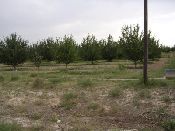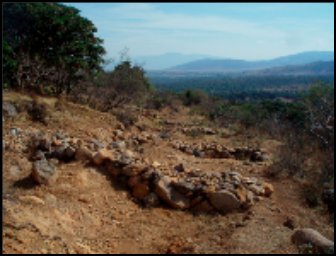 |
Towards the end of DESIRE, a series of final workshop was conducted in each study site to enable stakeholders to review evidence from field trials and models, and use this information to prioritise remediation strategies for regional dissemination. Remediation options had previously been selected by stakeholders, trialled in the field and modelled to assess their likely applicability and cost-effectiveness at a regional scale. |
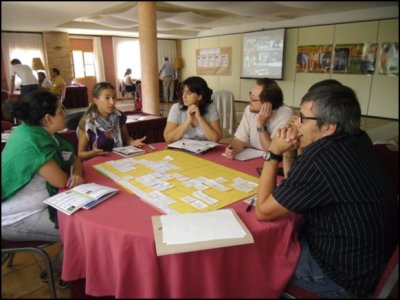 |
A total of 15 workshops were held between July and November 2011. On average, workshops consisted of 27 participants (range: 8-60), and included a wide range of (mainly local and regional) stakeholders representing different interests. Feedback from stakeholders about the workshops was generally very positive with participants in all sites saying that they appreciated receiving feedback from field trials and models. Feedback about the overall DESIRE process was also very positive, with positive feedback focussing on the participatory and inclusive approach to the work. |
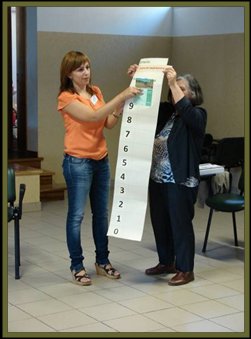 |
In many cases, evidence from field trials and models supported the initial views of stakeholders, and the priority in which remediation options were ranked by stakeholders changed little in response to the evidence they were presented with. However in some cases, remediation strategies were deselected by workshop participants in response to research findings, for example if model results showed that a technology was unlikely to be cost-effective for most land users, or if field trials showed that proposed remediation strategies were not as effective as stakeholders had initially believed. The process of trialling and modelling remediation strategies clearly influenced stakeholder priorities, and led to a priority list of remediation strategies in each study site for dissemination at a regional scale, by extenionists or other regional government representatives/agencies. |
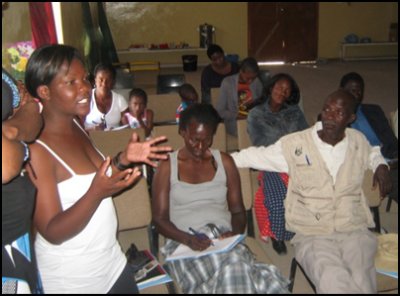 |
However, rather than simply using these research findings to prioritise remediation strategies, the workshop process provided invaluable local knowledge about how best to promote each of these strategies to optimise adoption rates. Rather than simply presenting research findings to decision-makers, the DESIRE process was designed to facilitate knowledge exchange and joint ownership of findings, resulting in a high level of trust and satisfaction in the research findings. |
More details ... evaluation of remediation recommendation for all study sites by local stakeholders
|
|
»Guadalentín, Spain
»Mação, Portugal
»Góis, Portugal
»Rendina, Italy
»Crete, Greece
»Nestos River Delta, Greece
»Karapinar, Turkey
»Eskisehir, Turkey
»Sehoul, Morocco
|
»Zeuss Koutine, Tunisia
»Dzhanibek, Russia
»Novy, Russia
»Yan River Delta, China
»Boteti, Botswana
»Cointzio, Mexico
»Secano Interior, Chile
»Ribeira Seca, Cape Verde |
|
|
|
